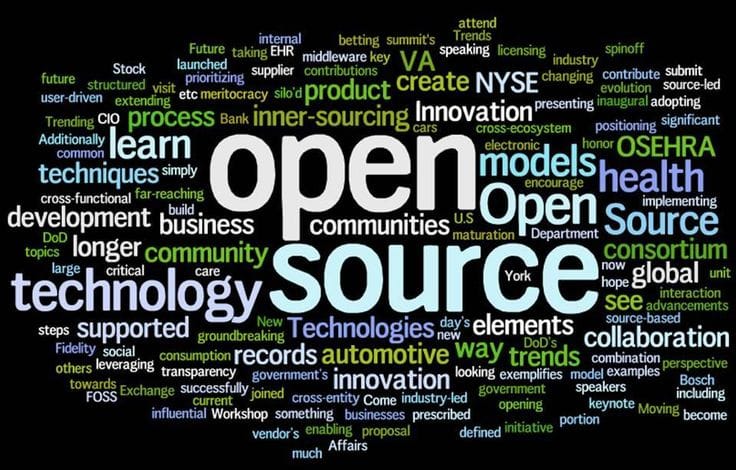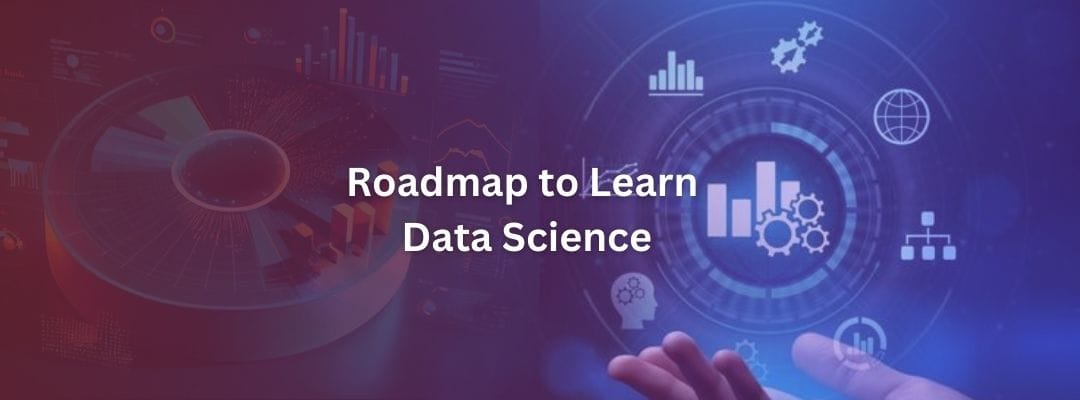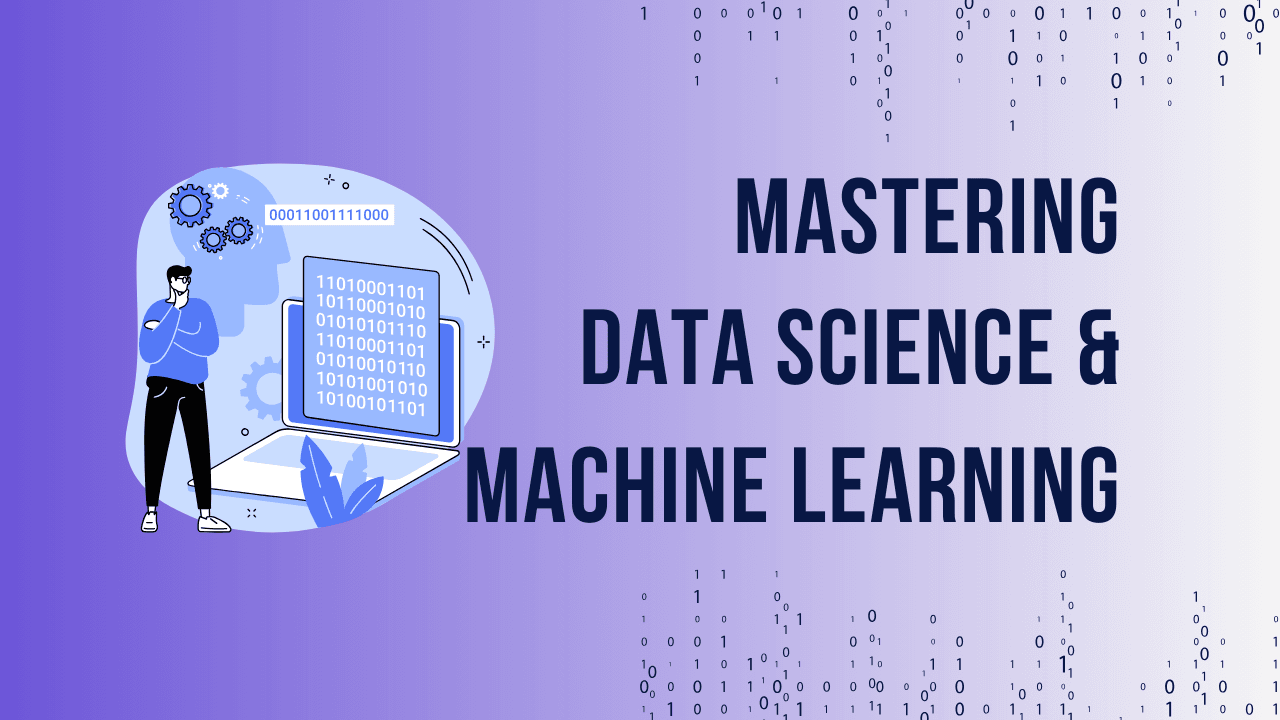In today’s data-driven world, the demand for data scientists is skyrocketing. As a result, many individuals are intrigued by the prospect of learning data science and embarking on a rewarding career in this field. The question that often arises is whether it is possible to learn data science on one’s own, without the need for formal education or a structured course. In this article, we will explore the possibilities and challenges of self-teaching data science, providing insights and guidance for those considering this path.
Table of Contents
Toggle1. The Power of Self-Teaching:

Learning data science independently is indeed a viable option for motivated individuals. With the wealth of resources available online, including tutorials, videos, forums, and open-source tools, aspiring data scientists have ample opportunities to acquire the necessary knowledge and skills. Self-teaching allows for flexibility, personalized learning paths, and the ability to learn at one’s own pace.
2. Building a Solid Foundation:

To begin the self-learning journey in data science, it is essential to establish a strong foundation. This involves gaining proficiency in key areas such as mathematics, statistics, and programming. Brushing up on subjects like linear algebra, calculus, probability, and statistics will provide a solid mathematical background. Additionally, learning programming languages like Python or R, which are widely used in data science, is crucial.

A plethora of online courses and tutorials are available that cater specifically to self-learners in data science. Platforms like Coursera, edX, and Udemy offer a wide range of courses, often taught by industry experts and renowned professors. These courses provide structured content, hands-on exercises, and assessments, making them invaluable resources for self-learners.
4. Open-Source Tools and Libraries:

One of the advantages of self-teaching data science is the accessibility of open-source tools and libraries. Popular libraries like NumPy, pandas, and scikit-learn in Python, and ggplot2 in R, enable individuals to perform data analysis, visualization, and machine learning tasks. Leveraging these tools, combined with practical projects and real-world datasets, can enhance the learning experience.
5. Joining Data Science Communities:

Engaging with data science communities and forums can greatly enrich the self-learning process. Platforms like Kaggle, Data Science Stack Exchange, and Reddit’s r/datascience are excellent sources of knowledge sharing, collaboration, and mentorship. Participating in discussions, seeking guidance, and sharing insights with fellow learners and experts can provide valuable feedback and networking opportunities.
6. Networking and Continuous Learning:

As a self-learner, networking and continuous learning play a vital role in staying updated with the latest trends and advancements in data science. Attending conferences, webinars, and local meetups, and connecting with professionals in the field can open doors to mentorship, job opportunities, and collaborations. Embracing a growth mindset and being open to lifelong learning is key.
Conclusion:
While formal education and structured courses are not prerequisites for learning data science, self-teaching requires dedication, perseverance, and a proactive approach. By leveraging online resources, enrolling in online courses, engaging with communities, and undertaking practical projects, individuals can acquire the knowledge and skills needed to pursue a successful career in data science. Embracing the challenges, staying motivated, and continuously expanding knowledge will enable self-learners to unlock the vast world of data science.
Ready to take your data analysis skills to the next level? Check out our comprehensive Python for Data Science Course!

Python for Data Science
At the end of this training, you can use python to work on data science projects confidently.
In particular, you will master the basic concepts in python and the essential data structures frequentlyIn particular, you will master the basic concepts in python and the essential data structures frequently used in data science, like lists and dictionaries. You will have mastery over packages like NumPy, scipy and pandas for managing data.
- 100% Online
- Taught in English
- Approx 8 weeks | 8 hours per week
- Difficulty >> Beginners
- Next Project Cohort : 08-Jul-2024


